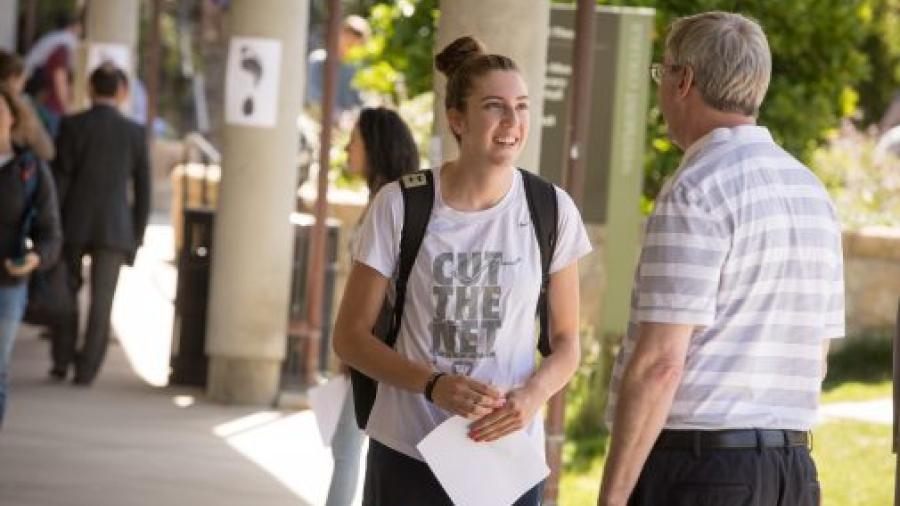Counseling and Psychological Services Faculty and Staff Resources

As a faculty or staff member at Westmont, you may be the first to notice a student who is experiencing difficulty. In these situations, your relationship and experience with the student can bridge the individual to needed resources and care available. Aspects of the small Christian college environment facilitate relationships where care and concern can be communicated; however, faculty and staff are not to provide counseling or attempt to diagnose students in distress. Most frequently, the best care for struggling students is to notice the signs of distress, communicate care, and connect students to the appropriate resources.
For information on identifying, supporting, and providing resources for students in distress, please access the Distressed and Disruptive Students Guide here. Please see additional resources below.
Please click "Make a Referral to CAPS" to refer a student to us. A therapist at CAPS will email the student and encourage them to sign up for a counseling session. You can also use this form to provide us context on a particular student you are working with. For situations that require intervention by someone, select Care Report instead.
Care Report
If you believe a student would benefit from further support due to distress and/or concerning behavior, please complete a Care Report.
Additional PDF Resources
- Distressed and Disruptive Students: A Guide for Faculty and Staff
- Responding to Mental Health Concerns
- Student Requests for Academic Leniency Due to Psychological Reasons
- Off-Campus Programs Mental Health Resource Guide
- Responding to Anxiety and Panic Attacks
- Facing Critical Incidents as a Community
- Supporting Students with Autism Spectrum Disorder